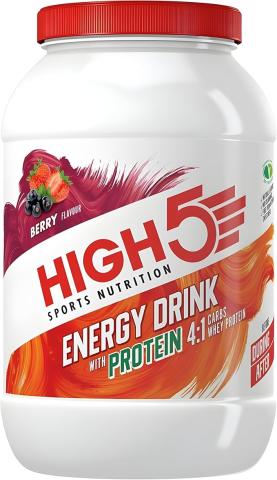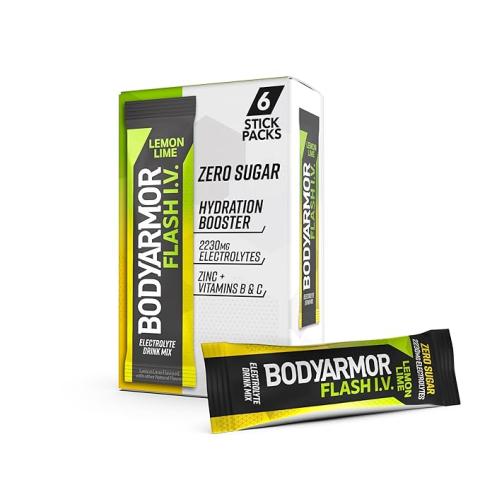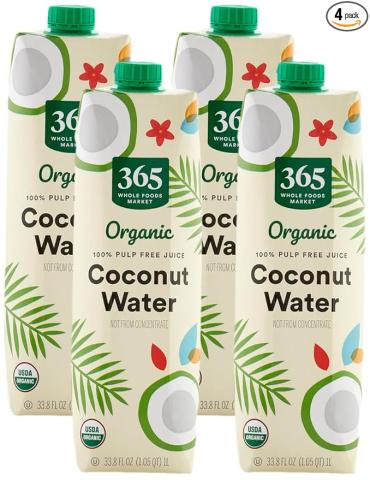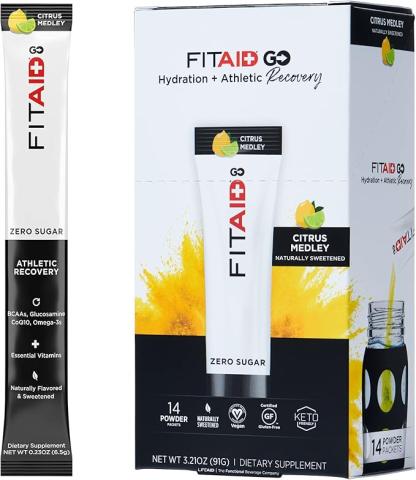
Hydrate, Repair, Recover: Essential Drinks for Runners
Published on January 27 by Matt
Running, while rewarding, can be hard on the body. Whether you’re a marathoner or a casual jogger, recovery is just as crucial as the run itself. After pushing your limits, your muscles need to repair, and your energy stores need replenishing. That’s where recovery drinks come in—these specially formulated beverages help speed up recovery, reduce muscle soreness, and boost your performance for the next run.
But with so many options on the market, what’s the best recovery drink for runners? Let’s dive in and break down the science, the types of recovery drinks available, and why they’re beneficial for runners.
Why Recovery Drinks Matter for Runners
When you run, your body uses glycogen (stored carbohydrates) as fuel, and your muscles experience tiny tears (muscle microtrauma). The key to effective recovery lies in replenishing the energy stores and repairing the muscle fibers that get broken down during exercise. Recovery drinks can aid this process in a few critical ways:
- Replenish Glycogen Stores: Glycogen is the primary fuel your body uses during exercise. After an intense run, it’s essential to replenish glycogen stores to avoid fatigue and optimize performance for future runs.
- Repair Muscle Tissue: Protein is crucial for repairing muscles. Running, particularly longer runs, can cause muscle breakdown, and consuming protein post-run helps rebuild those muscles.
- Hydrate: Running can cause dehydration, especially during longer runs. A good recovery drink helps restore lost fluids and electrolytes.
- Reduce Inflammation & Soreness: Certain nutrients, like antioxidants and anti-inflammatory compounds, found in some recovery drinks can help minimize post-run inflammation and soreness.
Types of Recovery Drinks for Runners
When it comes to recovery drinks, there are several types, each designed to address specific recovery needs. Here’s a breakdown:
1. Carbohydrate-Protein Blends
These drinks combine carbs and protein in an ideal ratio (usually 3:1 or 4:1) to maximize recovery. The carbohydrates help restore glycogen stores, while the protein supports muscle repair. This blend is effective for runners who have completed longer, more intense sessions.
- Why They Work: Carbs replenish glycogen, and protein stimulates muscle protein synthesis, which is the process of repairing and building muscle tissue.
- Best For: Long runs, intense training sessions, and endurance athletes.

2. Electrolyte Drinks
Electrolyte drinks don’t typically contain protein but are rich in sodium, potassium, magnesium, and calcium. These drinks help to rehydrate and replenish the salts lost during sweating.
- Why They Work: Electrolytes help maintain fluid balance and prevent cramping.
- Best For: Shorter runs or runs in hot, humid conditions where hydration is a major concern.

3. Protein Shakes
Protein shakes provide a concentrated dose of protein that aids in muscle recovery. The most common types are whey, casein, and plant-based protein.
- Why They Work: Protein aids in muscle repair and growth. It’s especially important for runners who do strength training or have intense sessions.
- Best For: Runners looking to rebuild muscle after tough training, those focused on strength, or those doing back-to-back workouts.

4. Coconut Water
Natural coconut water is an excellent source of hydration and electrolytes without the added sugars or artificial ingredients found in some commercial drinks.
- Why It Works: It's naturally high in potassium and contains sodium, magnesium, and calcium. It's a natural way to rehydrate after a run.
- Best For: Short, moderate runs or when you're looking for a more natural, minimally processed option.

5. BCAA (Branched-Chain Amino Acids) Drinks
BCAAs—leucine, isoleucine, and valine—are essential amino acids that help reduce muscle breakdown and enhance recovery. Some recovery drinks contain added BCAAs to improve endurance and muscle repair.
- Why They Work: BCAAs promote muscle recovery and can reduce delayed onset muscle soreness (DOMS).
- Best For: Runners who experience significant muscle soreness or who do strength training in addition to running.

Key Nutrients to Look For in Recovery Drinks
When choosing a recovery drink, here are the nutrients that make a difference:
Carbohydrates
- Essential for replenishing glycogen stores.
- Look for natural sources like fruit juices or whole foods, though many commercial recovery drinks will use fast-digesting carbs like maltodextrin or dextrose.
Protein
- Vital for muscle repair and reducing soreness.
- Whey protein is fast-digesting and ideal for post-run recovery, while casein digests more slowly and might be better suited for nighttime recovery.
- Plant-based proteins like pea, hemp, and rice are great options for vegetarians or vegans.
Electrolytes
- Sodium, potassium, magnesium, and calcium help with hydration and preventing cramping.
- Essential after long runs or runs in hot conditions.
Antioxidants
- Help reduce inflammation and oxidative stress caused by intense exercise.
- Look for drinks with ingredients like tart cherry, pomegranate, or beetroot, which are known for their anti-inflammatory properties.
Vitamins & Minerals
- Vitamins C and E can support immune function and recovery, while magnesium aids in muscle relaxation.
Timing: When to Drink for Optimal Recovery
The timing of your recovery drink matters. The first 30-60 minutes post-run is often referred to as the "anabolic window," a period when your muscles are most receptive to nutrients for repair and replenishment. It's ideal to consume your recovery drink during this time for maximum benefit.
For longer recovery windows (2-3 hours post-run), you can also eat whole foods, such as a balanced meal with protein and carbs, to continue the recovery process.